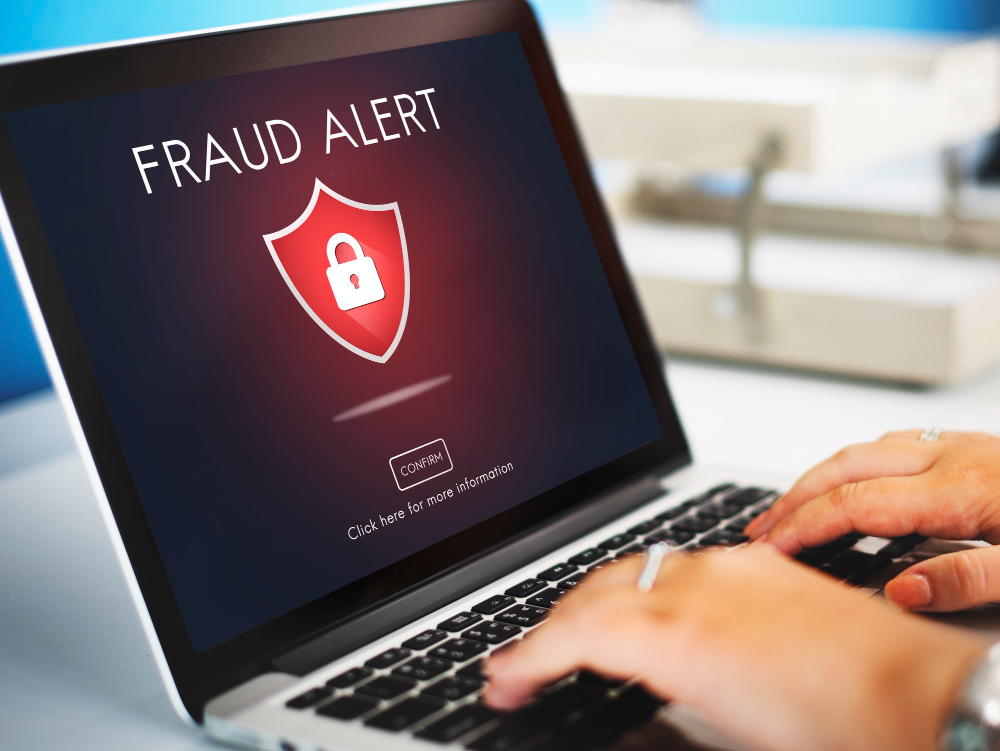Every day, new scams and financial frauds emerge, trying to deceive ordinary people.With the rise of digital transactions, staying well-informed is essential to protect your data, your money, and your peace of mind.In this article, you'll learn how to identify scams, avoid traps, and keep your financial life safe in the digital environment.

What you will learn in this article:
● The main types of financial fraud in Brazil
● How the most common scams work
● Practical tips to increase your digital security
● What to do if you fall victim to a scam
● Tools and habits to protect yourself day to day
The current state of financial fraud
Digital fraud increases every year. According to data from FEBRABAN and the Central Bank, millions of Brazilians have already fallen victim to:
● WhatsApp and social media scams
● Phishing (data theft via fake links)
● Card cloning
● Unauthorized access to bank accounts
● Fake customer service centers
Prevention starts with information.
Most common types of financial fraud
Digital security: what you should do
Habits that greatly reduce your risk:
● Never share your passwords (not even with family!)
● Enable two-factor authentication on banking apps, email, and social media
● Use strong, different passwords for each account (e.g., J0n4t@S2025!)
● Avoid public Wi-Fi networks to access banking services
● Frequently update your apps and antivirus software
● Be cautious with screenshots, QR codes, and links in messages
If you found this content helpful, share it with friends and family , especially those who say, “That would never happen to me.”
Digital security is, above all, a habit. And protecting your money starts with you.
OKP



.jpg)
.jpg)
.jpg)